Kidney Cancer
Home » Braving Cancer Together » Kidney Cancer

Kidney cancer affects the two bean-shaped organs located behind the abdominal organs.
The most common type of kidney cancer in adults is renal cell carcinoma. Young children are more likely to develop a form of kidney cancer called Wilms’ tumor.


Symptoms of Kidney Cancer
Fever
Tiredness
Loss of appetite
Unintentional weight loss
- Blood in the urine, which may appear pink, red, or cola colored
- Pain in the back or side that doesn’t go away
Risk Factors for Kidney Cancer
The following factors can increase the risk of kidney cancer:
Older age
Smoking
Obesity
High blood pressure (hypertension)
Treatment for kidney failure (long-term dialysis to treat chronic kidney failure)




Certain inherited syndromes, such as hereditary papillary renal cell carcinoma, Birt-Hogg-Dube syndrome, tuberous sclerosis complex, von Hippel-Lindau disease, and familial renal cancer
Family history of kidney cancer
Diagnosing Kidney Cancer
Blood and urine tests
Imaging tests, such as ultrasound, X-ray, CT or MRI, to visualize a kidney tumor or abnormality
Kidney tissue biopsy
During a biopsy, a small sample of cells (biopsy) is removed from a suspicious area of the kidney. The sample will be tested in a lab to identify signs of cancer. Not all patients need a biopsy to diagnose kidney cancer, but this is an important decision that needs to be made in collaboration with your Urologist.
.
Treatment Options for Kidney Cancer
The UCI Kidney Cancer team offers the best of all treatment options and, most importantly, will listen to you and work with you to get you a tailored treatment strategy that best suits your personal needs. While curing kidney cancer is always the primary goal, we also have a strong dedication to a minimally invasive philosophy; you get the job done with as little pain and suffering as possible. Treatment options range from active surveillance (watching smaller tumors for growth), percutaneous ablation, laparoscopic and robotic-assisted partial nephrectomy, radical nephrectomy, and cytoreductive radical nephrectomy. There is no one size fits all solution, and our kidney cancer team is careful to work with you and meticulously consider all possible options.
Treatment for kidney cancer typically begins with surgery to remove the tumor. If the tumor is confined to the kidney, patients may only need surgery to remove it. However, if the cancer has spread beyond the kidney, patients may need additional treatment.
The best treatment approach for each patient will depend on multiple factors, including overall health, the nature of the tumor including anatomy, location, size, whether the cancer has spread, and personal preferences.
Non-surgical options for kidney cancer:
- Active surveillance: Active surveillance for kidney cancer is the process of observing tumors. Quite often smaller tumors are discovered incidentally. The word “incidental” is for tumors that are found by accident with no symptoms. An MRI for a back problem, ultrasound or CT for abdominal pain, Church screening or other imaging sometimes will identify a smaller renal mass. While many centers immediately excise these smaller tumors, our comprehensive team will discuss biopsy to see if it suits your needs. Establishing the nature of the tumor (cancer or benign) has allowed our team to reduce un-necessary surgery for small benign tumors by 20%. This has saved many patients surgery and risk that they did not need. Additionally, UCI Urology and our kidney cancer team has pioneered the BIAS concept. BIAS (Biopsy Informed Active Surveillance) results in more patients being placed safely on active surveillance (observing the tumor with intermittant imaging tests and avoiding surgery). With proper selection for active surveillance, very few patients ever require surgery and many patients avoid the pain, inconvenience, and risk of any surgical procedure.
- Cryoablation, which is the freezing of cancer cells, and radiofrequency ablation, which is the heating of cancer cells. Both options destroy cancer cells in the kidneys.
Surgery options for kidney cancer include:
- Percutaneous ablation procedures: UCI Urologists were among the first in the world to start using ablation for kidney cancer. Our team has over 20 years of experience with this technique. Our kidney cancer team is also one of the few where Urologists work collaboratively with interventional radiologists to perform these procedures. The combination of two specialists with the respective skill sets allows for optimal outcomes with regards to cancer cure and minimization of complications. These procedures are so minimally invasive that for well selected people, kidney cancer is cured and patients go home the same day to enjoy dinner with their families.
- Nephrectomy: A radical nephrectomy is the removal of the entire kidney, a border of healthy tissue, and possible additional nearby tissue, such as the adrenal gland, lymph nodes, and other structures. The procedure may be done through a single incision in the abdomen or through a series of small incisions in the abdomen. UCI Urologists were the first in the world to perform minimally invasive kidney cancer procedures and have a vast experience with the practice.
- Partial nephrectomy: Also referred to as kidney-sparing or nephron-sparing surgery, partial nephrectomy is the removal of the cancer and a small margin of healthy tissue surrounding the kidney. The procedure may be done using the open or laparoscopic method, and with robotic assistance. This surgery is an option if the patient only has one kidney. A partial nephrectomy is the preferred type of surgery to treat kidney cancer because it preserves kidney function and reduces the risk of complications, such as kidney disease and the need for dialysis.
Treatment for advanced and recurrent cancer includes surgery, targeted drug therapy, immunotherapy, radiation therapy, and clinical trials.

